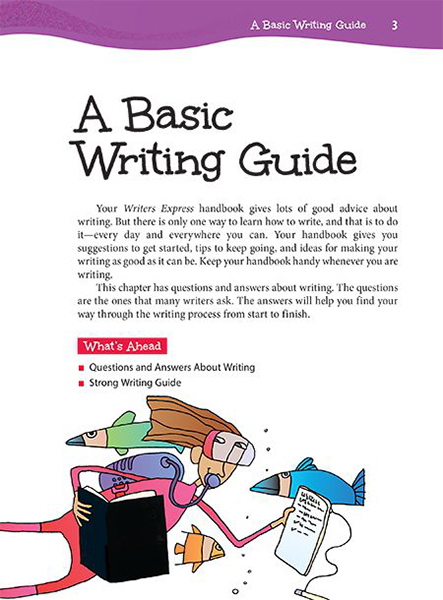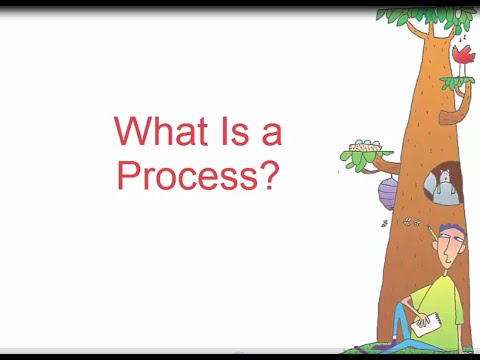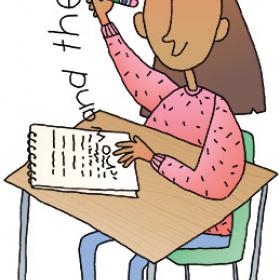Page 003 from

Start-Up Activity
Have students pull out a piece of paper and tell them, "On your paper, jot down a question you have about writing." After students have written their questions say, "Pass your paper to the person on your left. (Students on the far left will have to cross the class to the person on the far right.) Now read the question and write an answer you might have for it." Once students finish their answers, have volunteers share their questions and answers with the class.
Then tell students that "A Basic Writing Guide" can help answer some of their questions. They will find many more answers throughout Writers Express, which will guide them as they write in this class and any other!
Think About It
“A strange thing happens when you write: you discover what you truly think and what your heart means.”
—Shirley Rousseau Murphy

Start-Up Activity
Have students pull out a piece of paper and tell them, "On your paper, jot down a question you have about writing." After students have written their questions say, "Pass your paper to the person on your left. (Students on the far left will have to cross the class to the person on the far right.) Now read the question and write an answer you might have for it." Once students finish their answers, have volunteers share their questions and answers with the class.
Then tell students that "A Basic Writing Guide" can help answer some of their questions. They will find many more answers throughout Writers Express, which will guide them as they write in this class and any other!
Think About It
“A strange thing happens when you write: you discover what you truly think and what your heart means.”
—Shirley Rousseau Murphy












